detail profile christian g c3 a9rard
Peran Yang Di Mainkan Christian Gérard
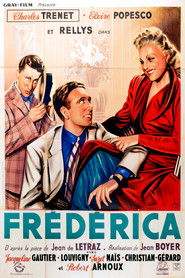 Gilbert poet and singer is about...
Gilbert poet and singer is about...Frédérica 1942
Gilbert, poet and singer, is about to marry Lilette but deep inside himself he is not quite sure that she is the woman he needs. That is the reason why he has made up an imaginary woman, Frédérica" to whom he writes love letters, actual ones this time. When Lilette finds one of these, she sees red. Théodule, one of Gilbert's many friends, sets out the problem with the help of Claudine, his own girlfriend, posing as Frédérica. After Gilbert and "Frédérica" have played a phony breakup scene in front of Lilette, things seem to come right when... another Frédérica appears...
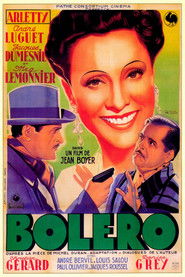 As her neighbor Rmi Courmont has...
As her neighbor Rmi Courmont has...Boléro 1942
As her neighbor Rémi Courmont has told her off for making his ears bleed with Ravel's Bolero, a music piece she plays at full volume all the time, Anne-Marie decides to get even with him. She sets up a hoax with the complicity of her friend Catherine, who agrees to post as Remi's mistress to embarrass him. Just then, Niquette, Rémi's real lover, resurfaces.
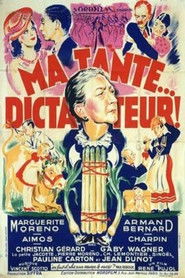 A young man who wishes to...
A young man who wishes to...Ma tante dictateur 1939
A young man who wishes to launch his girlfriend in the theater, borrows money from his aunt, making her believe that he wants to buy groceries. His aunt arrives and then wishes to visit “her” grocery store; to save the day he borrows the store of a credulous grocer.
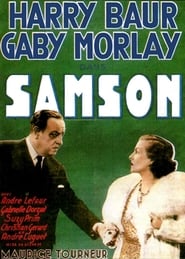 An aristocratic woman is coerced by...
An aristocratic woman is coerced by...Samson 1936
An aristocratic woman is coerced by her impoverished family into marrying a wealthy business tycoon.
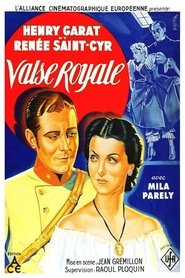 In 1852 the young Austrian emperor Franz...
In 1852 the young Austrian emperor Franz...The Royal Waltz 1936
In 1852, the young Austrian emperor Franz Joseph persuades his friend, Count Michel de Thalberg, to act as a go-between in his love affair with the Bavarian duchess Elisabeth. Not long after his arrival in Munch, Thalberg has an embarrassing encounter in a public garden with an attractive young woman. The innocent incident is misinterpreted by a passer-by who, recognising the woman as the youngest daughter of Ludwig Tomasini, a highly respected caterer, persuades her father that she should marry the man who flirted with her to avoid a scandal (FilmsdeFrance).
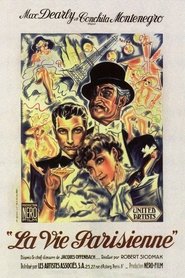 A rich Brazilian Mendoza visited Paris...
A rich Brazilian Mendoza visited Paris...Parisian Life 1935
A rich Brazilian, Mendoza, visited Paris in 1900 and was romantically involved with the star of Offenbach's 'La vie parisienne' which was playing at the time. Thirty five years later, he returns with his son and granddaughter, who is engaged to a young Frenchman. But Mendoza's puritanical son forbids the marriage. Mendoza and the actress's friends conspire to change his mind and convert him to 'Parisian life.'
 Dora Nelson a famous actress leaves...
Dora Nelson a famous actress leaves...Dora Nelson 1935
Dora Nelson, a famous actress, leaves both her husband Philippe de Moreuil and the role she was playing in a movie directed by Nivert, to follow her lover Santini in Italy. But she soon realizes that Santini deceives her with a girl named Elsa. In vexation she decides to return to her husband and to her career. Unfortunately for her, Suzanne Verdier, a little working girl, has in the meantime replaced her not only in the film she had left unfinished but in her husband's heart as well. Dora eventually understands she must step aside.
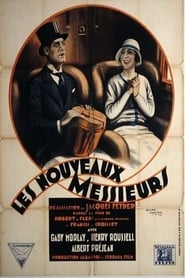 The plot focuses on Gaillac Albert...
The plot focuses on Gaillac Albert...The New Gentlemen 1929
The plot focuses on Gaillac (Albert Prejean), an electrician employed by the Paris Opera. In love with gorgeous ballerina Suzanne (Gaby Morlay), Gaillac must play second fiddle to Suzanne's wealthy "protector," powerful politician Count Montoire (Henry Roussell). When the Opera personnel go on strike, Gaillac is appointed leader of the strikers, doing his job so well that he is ultimately elected Secretary of Labor in the French cabinet. Now on equal footing with Montoire, Gaillac is at last a "worthy" suitor for Suzanne -- who can't make up her mind between her two well-connected admirers, leading to a political rivalry the likes of which Paris has never seen. This harmless political satire ended up being banned by the French government for undermining "the dignity of Parliament and its ministers". (moviefone.com)
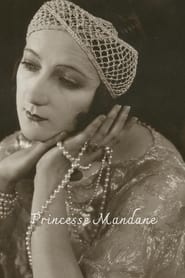 Brazen embrace of fashionable costume and...
Brazen embrace of fashionable costume and...Princesse Mandane 1928
Brazen embrace of fashionable costume and glamour creates a witty celebration of Orientalism and cinema itself.
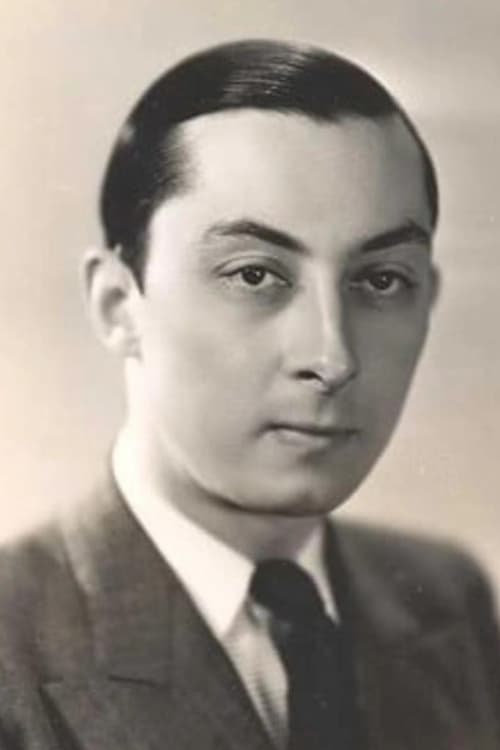
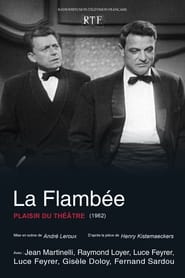
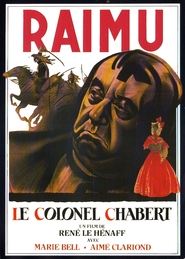 The story of a French officer...
The story of a French officer...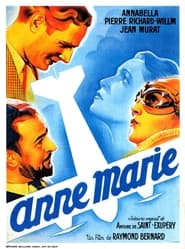 Raymond Bernards film of a script...
Raymond Bernards film of a script...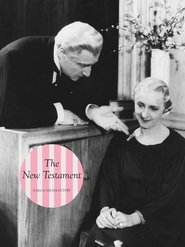 Husbands and wives lovers and gigolos...
Husbands and wives lovers and gigolos...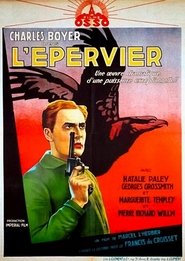 The wife of a Hungarian gentleman...
The wife of a Hungarian gentleman...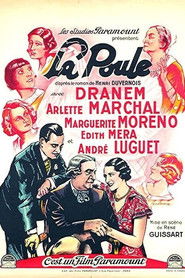 Mr Silvestry nicknamed The Hen because...
Mr Silvestry nicknamed The Hen because...